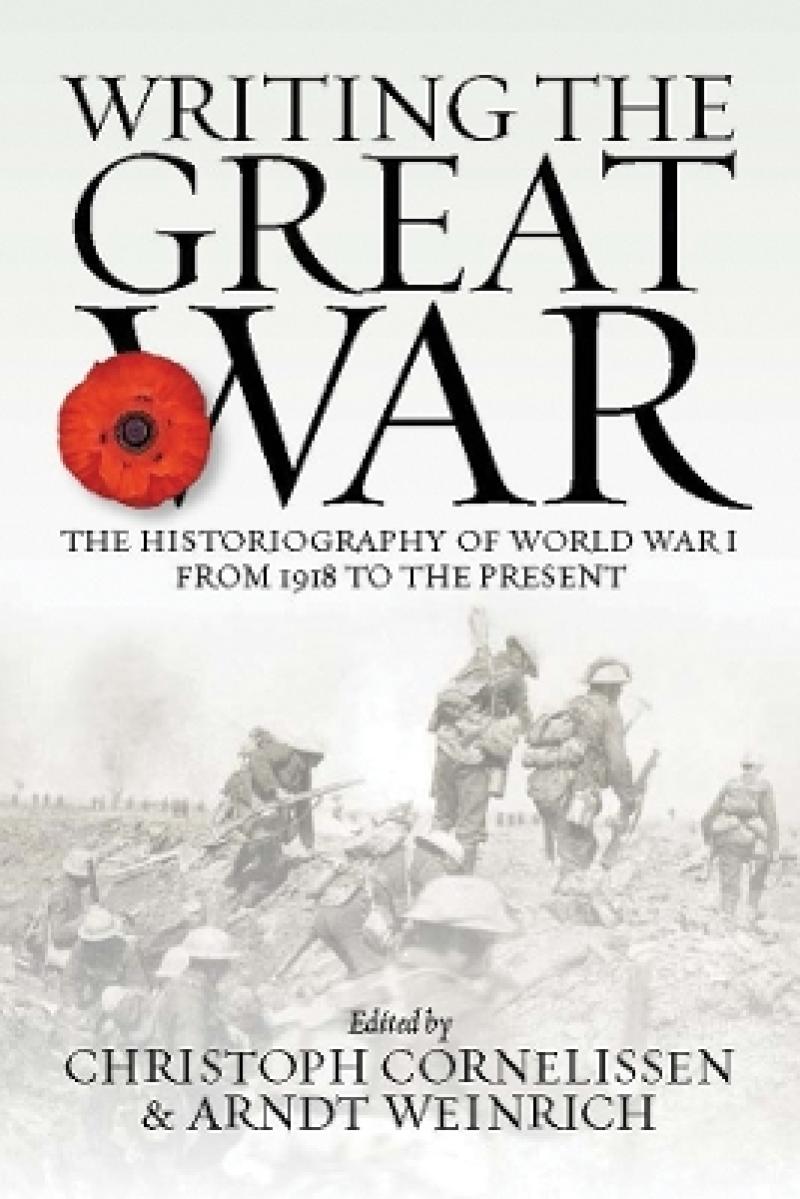<p>
<em>“</em>Writing the Great War<em>, first and foremost a work of reference, constitutes an excellent starting point for anyone interested in understanding how the story of the years 1914–18 has been memorialized and interpreted since the very first shots were fired in late July 1914 and, just as important, why it has left such an indelible imprint on the world of the twentieth and twenty-first centuries.”</em> <strong>• The European Legacy</strong></p>
<p>
<em>“Each chapter offers a fresh account of complex national commemorative cultures and historiography and is packed with arresting insights. Coming after the wave of centenary commemorations, this volume is an essential addition to the literature and will stimulate further research on World War I.”</em> <strong>• William Mulligan</strong>, University College Dublin</p>
<p>
<em>“The aim of this volume is as ambitious as it is commendable: to describe and analyze collective memories and historiographies of the Great War in a variety of geographical contexts. Even for scholars who have long studied World War I, it offers fascinating material”</em> <strong>• Gerhard Hirschfeld</strong>, University of Stuttgart</p>
<p>
<em>“</em>Writing the Great War <em>covers the historiography of the war both in depth and in breadth. The contributors are leading scholars who provide enlightening insights into politics, memory, and historiography. Specialists will find much to spark their interests and students will find it a useful guide to a complex field.”</em> <strong>• Michael S. Neiberg</strong>, author of <em>Dance of the Furies: Europe and the Outbreak of World War I</em></p>
From the Treaty of Versailles to the 2018 centenary and beyond, the history of the First World War has been continually written and rewritten, studied and contested, producing a rich historiography shaped by the social and cultural circumstances of its creation. Writing the Great War provides a groundbreaking survey of this vast body of work, assembling contributions on a variety of national and regional historiographies from some of the most prominent scholars in the field. By analyzing perceptions of the war in contexts ranging from Nazi Germany to India’s struggle for independence, this is an illuminating collective study of the complex interplay of memory and history.
Acknowledgments
Introduction: Understanding World War I: One Hundred Years of Historiographical Debate and Worldwide Commemoration
Christoph Cornelißen and Arndt Weinrich
Chapter 1. (Hi-)stories and Memories of the Great War in France. 1914–2018
Nicolas Offenstadt
Chapter 2. Histories and Memories: Recounting the Great War in Belgium, 1914–2014
Bruno Benvindo and Benoît Majerus
Chapter 3. British and Commonwealth Historiography of World War I
Jay Winter
Chapter 4. Of Expectations and Aspirations: South Asian Perspectives on World War I, the World, and the Subcontinent
Margret Frenz
Chapter 5. German Historiography on World War I, 1914–2019
Christoph Cornelißen and Arndt Weinrich
Chapter 6. Austrian Historiography and Perspectives on the First World War: The Long Shadow of the “Just War” 1914–2018
Oliver Rathkolb
Chapter 7. Russia in World War One: The Politics of Memory and Historiography
Boris Kolonitskii
Chapter 8. The Invention of Yugoslav Identity: Serbian and South Slav Historiographies on World War I, 1918–2018
Stanislav Sretenović
Chapter 9. A Seminal “Anti-Catastrophe”? Historiography on the First World War in Poland
Piotr Szlanta
Chapter 10. A Historiographical Turn: Evolving Interpretations of Japan during World War I
Jan Schmidt and Naoko Shimazu
Chapter 11. Coming to Terms with the Imperial Legacy and the Violence of War: Turkish Historiography of WWI between Autarchy and a Plurality of Voices
Alexandre Toumarkine
Chapter 12. Italian Memory and Historiography and the First World War
Angelo Ventrone
Chapter 13. Finding a Place for the First World War in American History
Jennifer D. Keene
Index
Arndt Weinrich is DAAD Lecturer in History at Sorbonne University.
Produktdetaljer
Biografisk notat
Christoph Cornelissen is Professor of Contemporary History at Goethe University Frankfurt.

